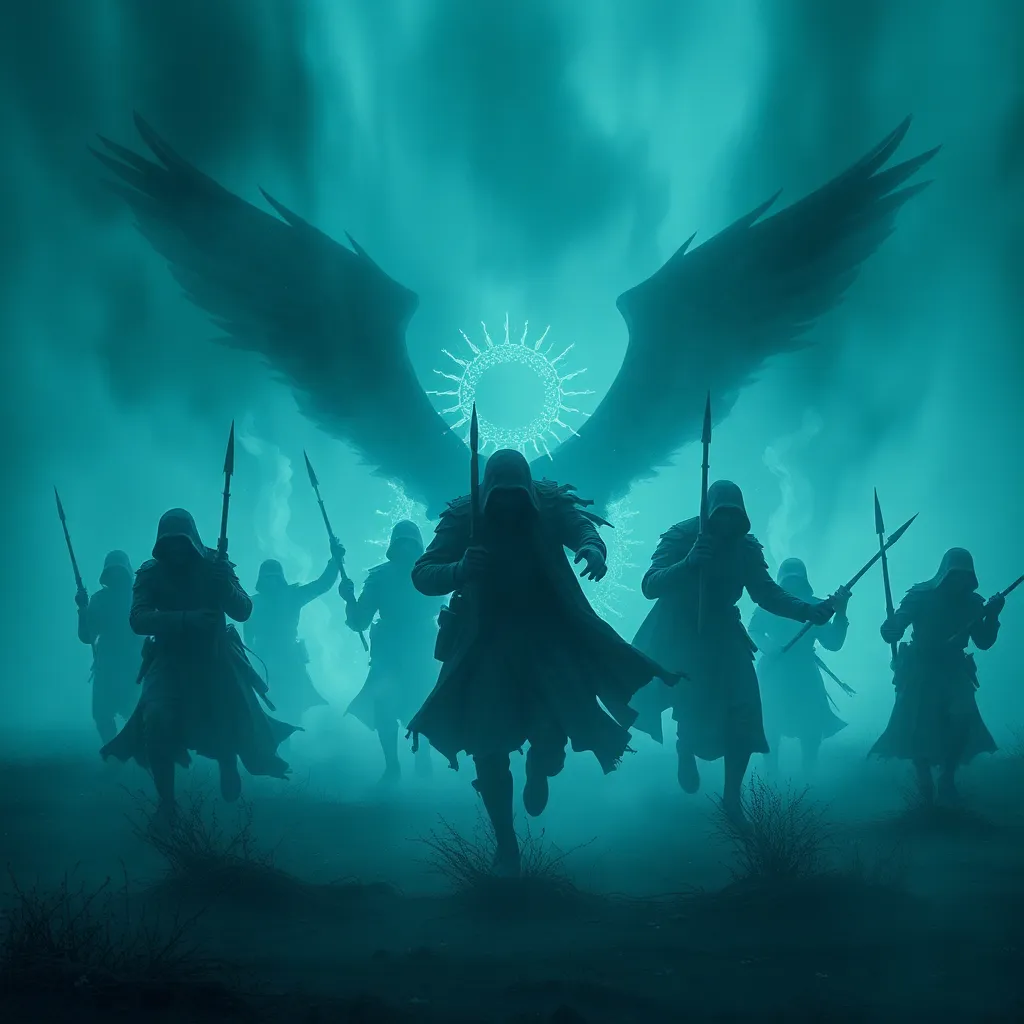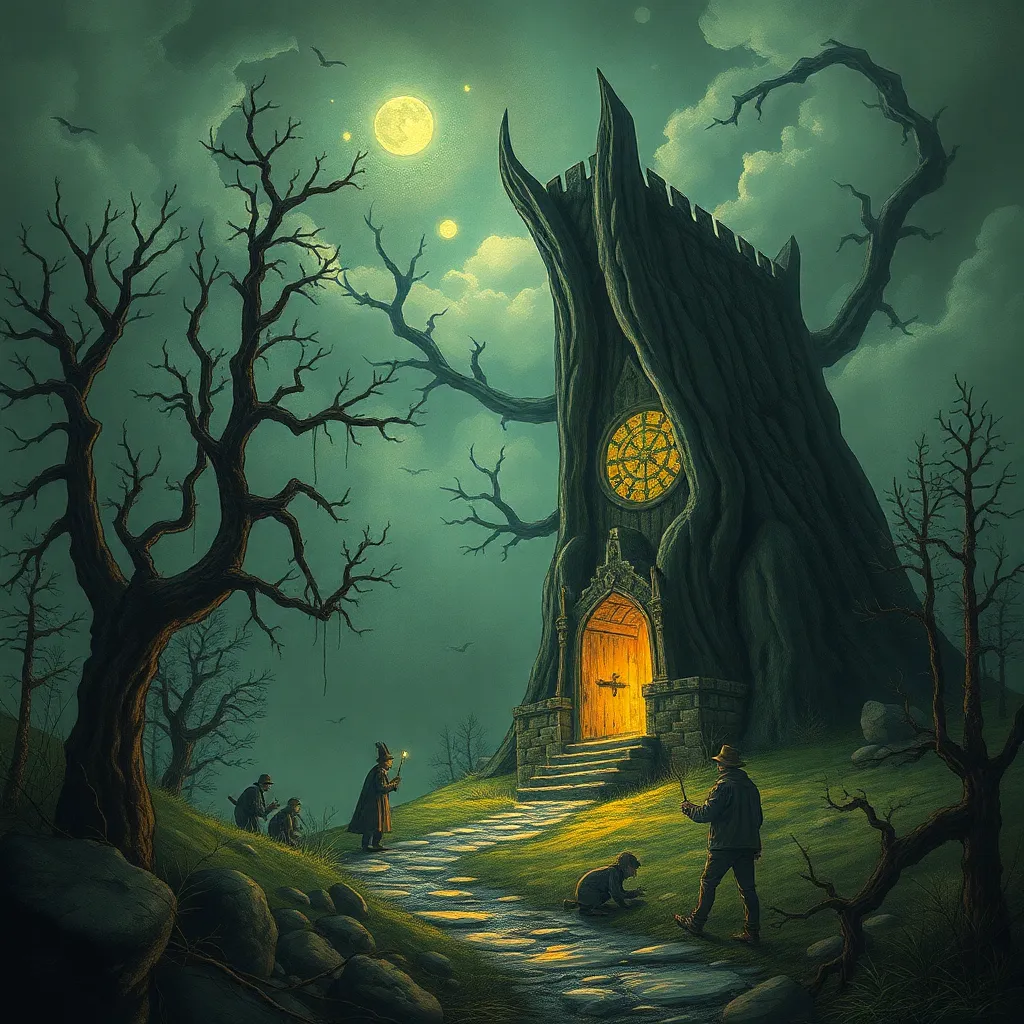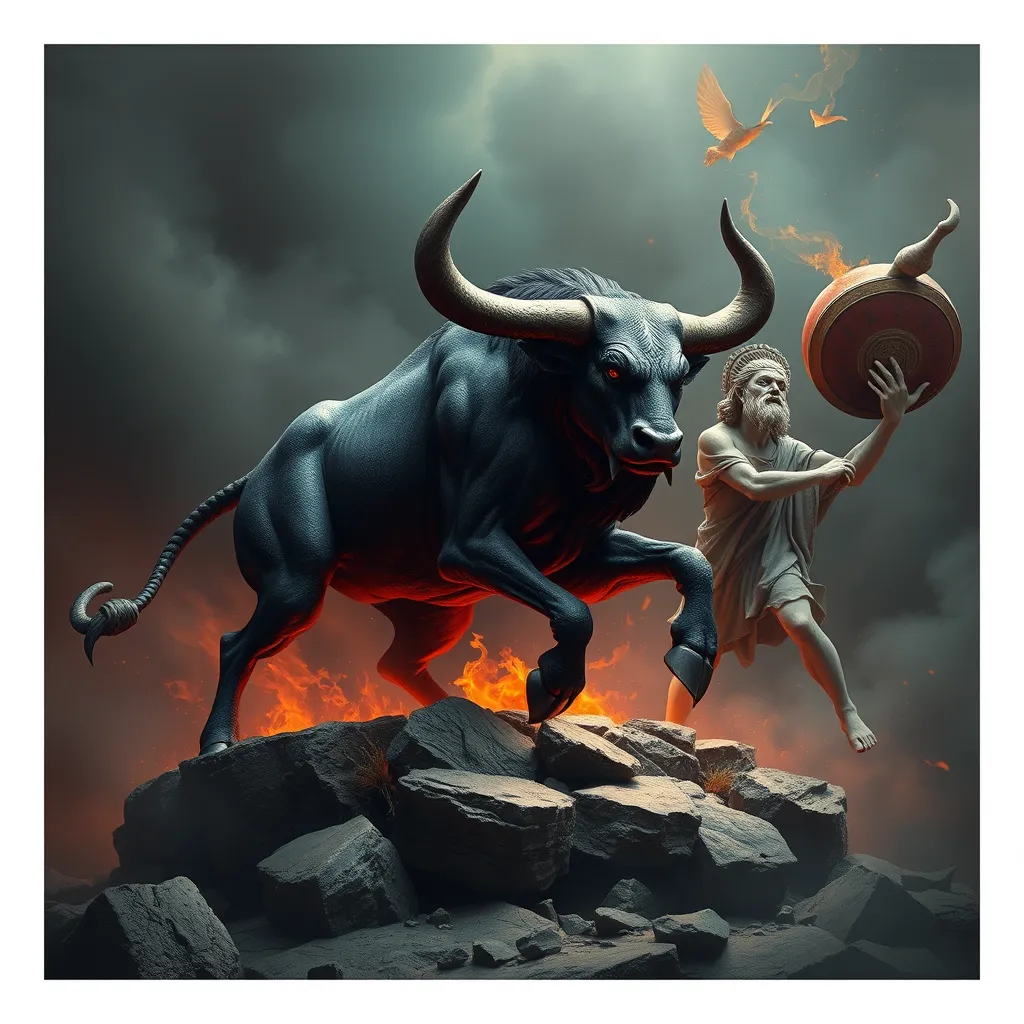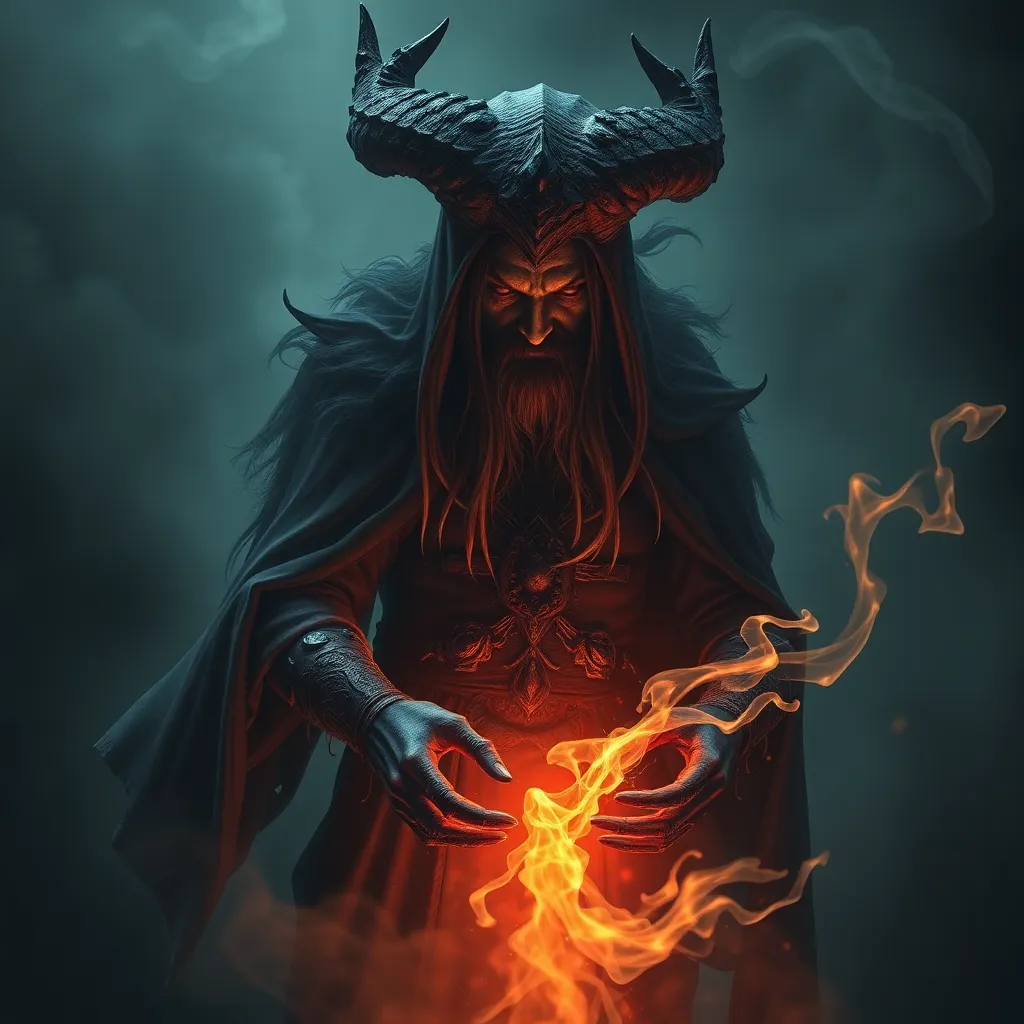The Ghosts of the Battlefield: The Vengeful Spirits of Soldiers Who Died in Battle
I. Introduction
The concept of battlefield ghosts has intrigued humanity for centuries. From ancient tales of soldiers returning to haunt the lands where they fell, to modern ghost stories shared around campfires, the idea of vengeful spirits has woven itself into the fabric of our understanding of war and its aftermath. These spectral figures serve as eerie reminders of the sacrifices made by those who fought bravely and died in battle.
Throughout history, the spirits of soldiers have been depicted in folklore and culture, often representing unresolved conflicts and the heavy toll of war. Many cultures regard the souls of fallen warriors as guardians of their comrades, while others see them as restless spirits seeking closure. This article explores the stories and implications of these vengeful spirits, delving into their historical context and the psychological effects of war.
II. Historical Context of Battlefield Deaths
The nature of warfare has evolved over the centuries, but the impact on soldiers remains profound. War is not just a clash of armies; it is a manifestation of human suffering, loss, and tragedy. Notable battles throughout history, such as the Battle of Gettysburg and the Battle of Waterloo, have resulted in staggering casualties, with thousands of lives lost in a matter of days.
- Battle of Gettysburg (1863): Approximately 51,000 soldiers were killed, wounded, or missing.
- Battle of Antietam (1862): The bloodiest single-day battle in American history, with over 22,000 casualties.
- World War I – The Somme (1916): Over 1 million men were wounded or killed during this battle alone.
Different cultures have varying perceptions of death and the afterlife, particularly during wartime. While some view death as a passage to another realm, others see it as a lingering presence that haunts the living. This cultural backdrop fuels the belief in battlefield ghosts, as the traumatic experience of dying in combat leaves imprints on the land and the souls of the fallen.
III. Folklore and Legends of Vengeful Spirits
Folklore is rich with themes of revenge and resolution, particularly in stories about ghosts from various cultures. Common themes include:
- Restless spirits seeking vengeance on those who wronged them.
- Protective ghosts watching over the living.
- Souls trapped in a state of limbo due to unfinished business.
Famous legends of battlefield ghosts abound, with stories like the Headless Horseman from Washington Irving’s “The Legend of Sleepy Hollow,” and the Ghosts of Gettysburg, where many claim to see soldiers wandering the fields at night. These tales serve to preserve the memory of the dead and honor their sacrifices, allowing future generations to remember the price of war.
IV. Psychological Impact of War on Soldiers
The psychological impact of war on soldiers can be profound and lasting. Many veterans return home carrying the weight of trauma, often described as the “invisible wounds” of war. The concept of “haunting” can also be understood metaphorically, representing unresolved guilt, grief, and suffering that manifests in the minds of those affected.
Ghostly apparitions can sometimes symbolize the unresolved conflicts that soldiers face. The connection between psychological trauma and ghostly sightings may reflect the inner turmoil of those who have witnessed unspeakable horrors. These apparitions can serve as reminders of the past, urging the living to confront their own memories of loss and sacrifice.
V. Modern Accounts and Sightings of Battlefield Ghosts
In contemporary times, numerous personal testimonies from soldiers and witnesses recount eerie experiences on battlefields. Many report witnessing apparitions, hearing unexplained sounds, or feeling sudden changes in temperature. These modern accounts can be both chilling and poignant, highlighting the enduring presence of the past in the present.
- Personal Testimonies: Veterans often share experiences of sensing the presence of fallen comrades during quiet moments in combat zones.
- Documented Sightings: Paranormal investigations at historic battlefields like Gettysburg have captured unexplained phenomena, including voices and apparitions.
- Comparative Accounts: Historical accounts of battlefield ghosts often align with contemporary experiences, suggesting a continuity of spirit across time.
VI. The Role of Ghost Tours and Battlefield Preservation
Ghost tours have become popular in many historic battlefields, serving not only as entertainment but also as a means of preserving history. These tours allow visitors to engage with the past while learning about the sacrifices made by soldiers. The economic and cultural impact of battlefield tourism is significant, providing funding for preservation efforts and educational initiatives.
However, ethical considerations arise when presenting ghost stories. It is crucial to balance the entertainment value with respect for the memories of those who fought and died. Sensitivity to the historical context and the experiences of veterans should guide how these stories are shared.
VII. The Spiritual and Cultural Significance of Battlefield Ghosts
Battlefield ghosts serve as powerful symbols of unresolved conflict and sacrifice. They remind us of the human cost of war and the need for remembrance. The impact of these spirits on collective memory and identity cannot be understated, as they contribute to a shared understanding of history.
The ongoing dialogue between the living and the dead is enriched by these spectral figures. They challenge us to confront the past, honor those who have fallen, and reflect on our own values and beliefs about war, sacrifice, and memory.
VIII. Conclusion
In reflecting on the lessons learned from the ghosts of the battlefield, we recognize the importance of remembering and honoring those who have sacrificed their lives in service of their countries. These spirits, whether real or metaphorical, remind us of the heavy toll of conflict and the enduring need to seek peace.
Ultimately, the intersection of history, memory, and the supernatural invites us to explore the complexities of the human experience. By acknowledging the presence of battlefield ghosts, we can engage in a deeper conversation about the impact of war on individuals and societies, fostering a greater understanding of our shared humanity.



